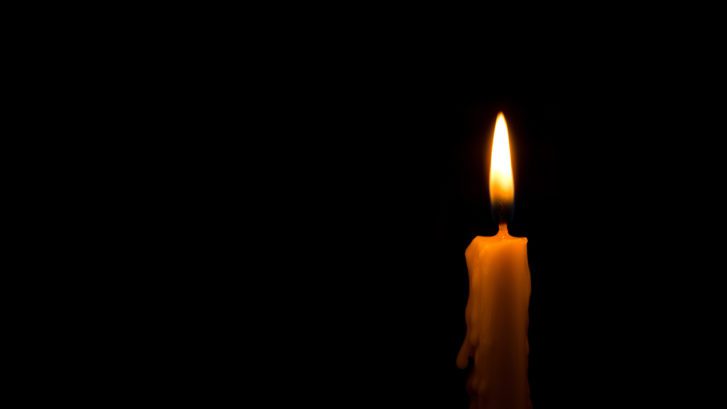It should be no secret to anyone that we do not know the date of Christ’s birth, and so the Church baptized a Pagan feast.
The Pagans saw the world as a great cosmic struggle between the powers of darkness, and the powers of light. They noticed that at different times, darkness seemed to be getting the better of the light. The sun, the light, was getting weaker. It was obvious that those fearful dark days were getting stronger and longer and the people were afraid that someday the darkness would kill the sun and the light altogether, and they shuddered in fear.
But around the end of December, the people noticed that the tables had begun to turn. The sun was regaining its strength, and it began to push darkness off, and the light returned.
When the Christians came along, they took over this Pagan notion of the light defeating darkness. They chose December 25th to celebrate the birth of Christ. So in the Christian scheme, within the great struggle between good and evil and light and darkness, this would be the time when the darkness of sin and death would now be overcome by the light of the world: Jesus, the son of God. The Christians called this time Christmas, and they made Advent the beginning of the end of darkness, a time of looking forward to the coming of the light. And that is what it has meant ever since.
Advent marks that time when darkness begins to grow weaker, and the sun becomes stronger. Advent is an invitation to break through the darkness into the light. It offers a challenge that comes to us very forcefully with a question: what darkness do you need to overcome? What darkness in your life and in your world would you like to see reversed? What breakthrough would you want for this New Year?
I suggest that if you are looking for an Advent motif in order to roll-back some of the darkness, it might be the motif of light-beaming. We all contain within us the power to bring light: a gesture to make somebody feel better, a smile, picking up the telephone, an apology given, a reach outward. Very simple things, and yet with them we can heal hearts and souls, and often bodies. That could be our goal for the new church year, to be light bearers in the darkness.
There is a story of six people who froze to death around a campfire on a bitterly cold night. Each had a log of wood they might have contributed to the fire, but for reasons satisfactory to themselves, each person refused to give what they had. A woman would not give because she said she hated men. A homeless man would not give because there was a rich man in the group. The rich man would not give because he did not want to warm someone who was obviously shiftless, lazy, and drank. Another would not give up his log because he recognized someone not of his race or religious faith.
And the fire died, as each person withheld their piece of fuel for reasons justifiable to themselves, and so, they all died. This story was originally told in a poem that ends with these tragic lines: six logs held fast in death’s still hand were proof of human sin; they did not die from cold without, they died from cold within.
In the early part of the Gospel, when Jesus is just starting His public ministry, two disciples of John the Baptist ask Jesus, “Where do You live?” Jesus simply says, come and see.
Jesus, where do You live today, now? I think He would say, I live within the darkness in people, come and see. I live within the dark hurt in you, and in others, come and see. I live within the dark pain and dark grief and dark struggle of human beings everywhere, come and see. And bring your piece of wood to make light and warmth.
If this world, this nation, if you and I as a faith community are going to roll back the darkness, Advent is the time to begin. A New Year, a new beginning, a time when darkness begins to slip. Then, hopefully, in your life and mine and in the lives of those we touch, the Son, Jesus, will begin to rise and dispel the darkness. No matter how old or young, weak or strong, no matter who we are, we all have the power to make it happen, but only if we accept His invitation to come and see.



Fr. Bob Warren’s homilies speak to my soul each and every week. It lifts my heart with the warmth of the stories shared with everyone. May God bless you all during this Advent and Christmas season.
I really, really appreciate your work at Graymoor, New York.
The Ave Maria radio hour, here, Apple radio, and at Chesterton radio [Youtube] are uplifting and refresher to my faith.